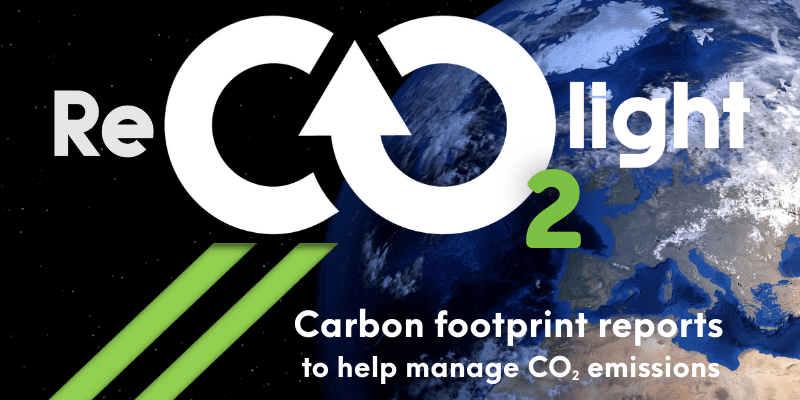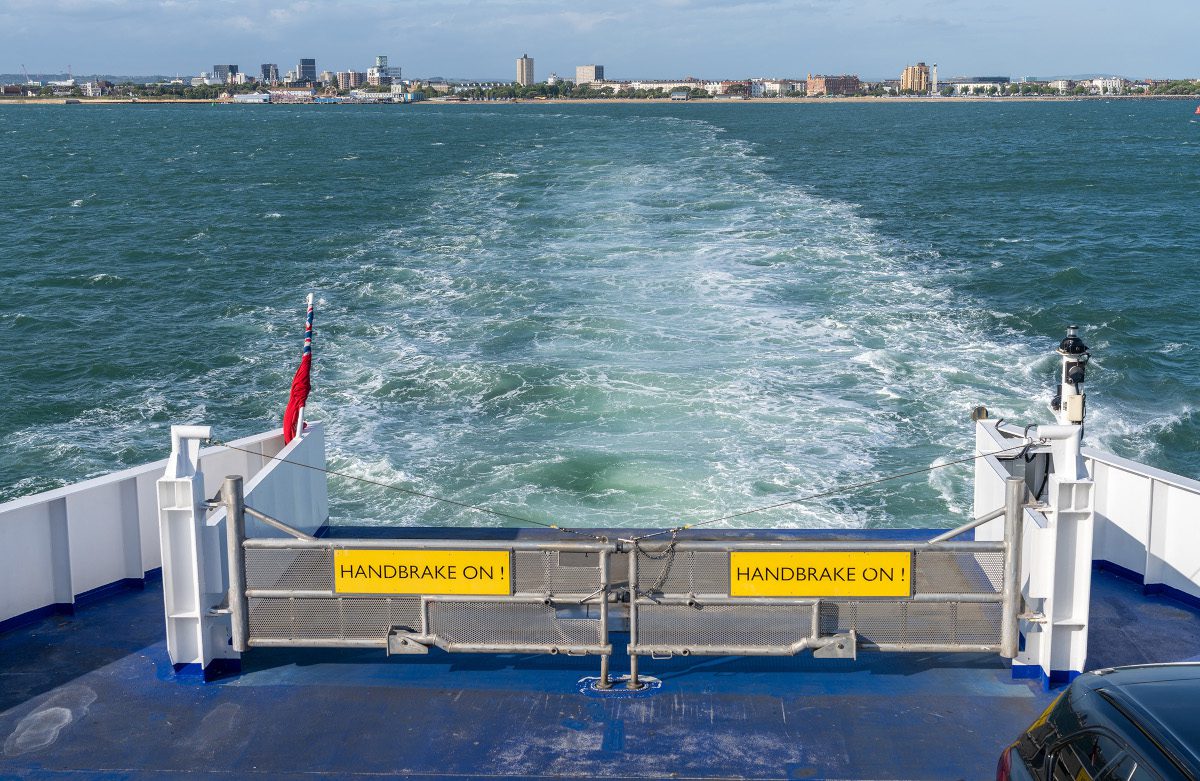There is no one-size-fits-all solution to the problem of Africa’s declining air quality. A new report in Nature Geoscience argues that international action is needed to combat it.
Over the last 50 years African nations have suffered from rapidly deteriorating air quality, making their cities some of the most polluted in the world. Particulate matter concentration levels are now five to ten levels greater than that recommended by the World Health Organisation, with the situation predicted to worsen as populations grow and industrialization accelerates.
However, far too little has been done to try and combat the dangerous air quality with just 0.01% of global air pollution funding currently spent in Africa.
The new perspective piece argues that tackling this issue requires collective efforts from African countries, regionally tailored solutions, and global collaboration.
Factors attributed as principal causes include: the burning of biomass fuel for cooking, heating, and lighting; the crude oil exploitation and coal mining industries; and old vehicles being shipped in from Europe.
The researchers call for urgent collaboration on:
• Continuous air monitoring via a network of sensors in order to build a detailed picture of air pollution variations and track progress.
• Investment in clean energy such as solar, hydropower and wind to meet Africa’s energy demand which is expected to double by 2040.
• Improved solid waste management to prevent dumping and burning of waste and improve reuse, recycling, and recovery rates.
• Investment in environmentally friendly technology to ensure African countries can grow economically whilst avoiding dirty and obsolete technology.
• Infrastructure improvements to curb emissions from the transport sector, improving public transport provision and adopting higher emission standards for fuel and imported vehicles.
Co-author Dr Gabriel Okello said addressing the problem “requires more ambitious, collaborative, and participatory approaches centred on involvement of stakeholders in policy, academia, business, communities to co-design and co-produce context-specific interventions.
Co-author Professor Pope of the University of Birmingham concluded: “There is no ‘one size fits all’ solution to Africa’s air quality problems, and each region and population will have their own specific challenges to overcome. But by being proactive and doing these five actions there will be a reduction in air pollution levels, meaning healthier people and a healthier planet.”
















